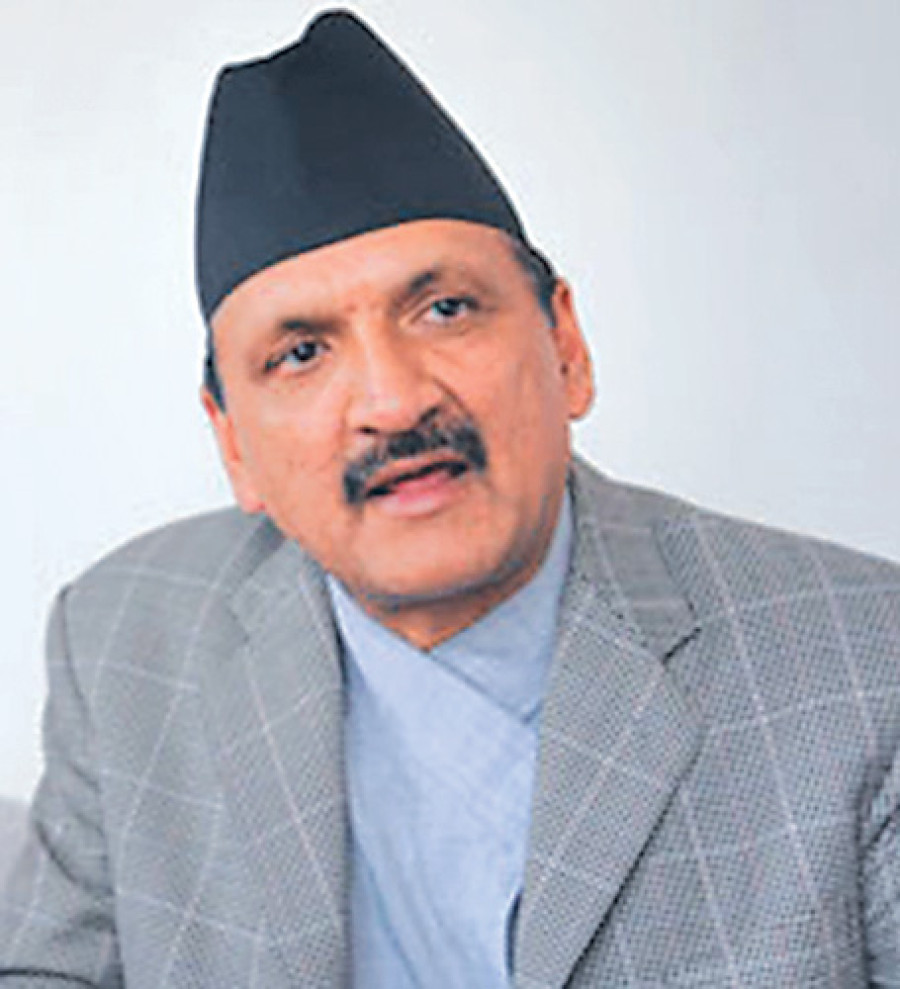National
Minister Mahat describes Nepal’s peace process as unique
Foreign Minister Prakash Sharan Mahat on Tuesday addressed a thematic panel entitled “Implementation of Mediated Peace Agreements, What are the Challenges?”
Foreign Minister Prakash Sharan Mahat on Tuesday addressed a thematic panel entitled “Implementation of Mediated Peace Agreements, What are the Challenges?” at the International High-Level Conference on Mediation: Possibilities and Limits—Recent Experiences in the Pursuit of Peace organised by the government of Belgium in Brussels.
During his address, Minister Mahat focused on Nepal’s “unique and home-grown” peace process with a particular emphasis on the 10-year experience of implementation of Comprehensive Peace Agreement (CPA) signed between the government of Nepal and then Maoist rebels in 2006.
He also shed light on Nepal’s current priorities and challenges with respect to political stability and economic development.
Describing Nepal’s transition from conflict to peace as an example of a successful case on peace building,
Mahat stated that the implementation of the CPA was marked by national consensus and resolve of the major political parties.
In the dynamic peace process that was fundamentally concluded with the promulgation of the new constitution by the Constituent Assembly in September 2015, we have been able to accommodate all genuine concerns of the socially, culturally and geographically diverse Nepali communities, he said.
He stated that it was possible through an inclusive participation including that of civil society, non-government organisations, the private sector, media, community leaders, and most importantly people at the grassroots level.
He also expressed hope that the transitional justice mechanisms established as envisaged in the CPA would be able to deliver justice and pave the way for lasting peace and stability in the country.
His Majesty Phillipe, the King of Belgian, was present in the opening session of the conference. The conference was attended by ministers and high-level officials from different countries.
Mahat said that progressive and inclusive state policies were put in place in order to address the concerns of the groups and communities such as women, Dalits, Adibasi Janajatis, Madhesis and Tharus, among others. While the government remains serious and committed to the amendment of the constitution and the holding of the elections in the stipulated time frame, it expects similar level of seriousness and positive efforts from all, Mahat stated.




 14.24°C Kathmandu
14.24°C Kathmandu














